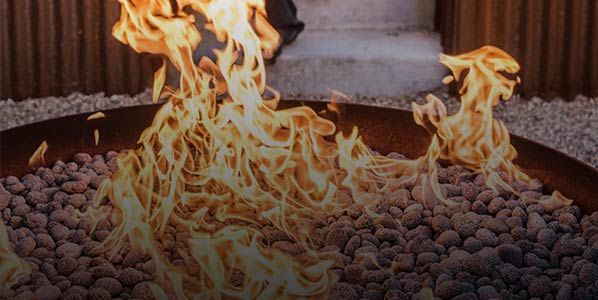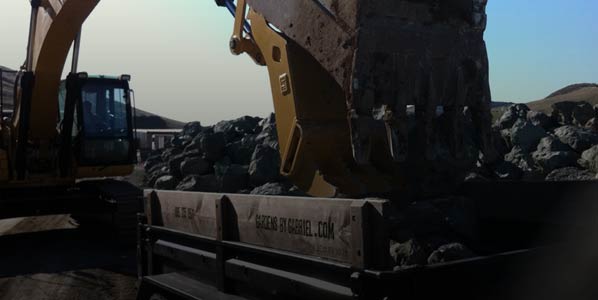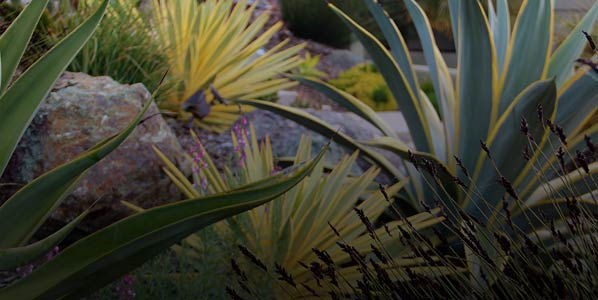Compost: The Lifeblood of Your Central Coast Garden
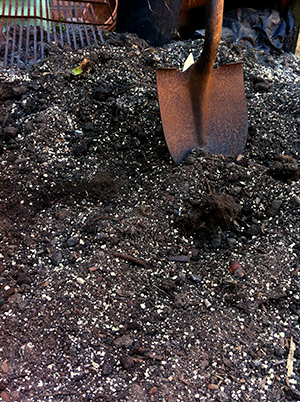 Our mild climate here on the Central Coast makes it easy to overlook the changing of the seasons. With all the back-to-school commercials, however, it's clear that fall is right around the corner. One of the best parts of autumn is making use of all those leaves that Nature provides for us. Yes, we’re going to have to rake a little, but it's worth it for the leafy reward! Don’t put your pile in the yard waste container. Instead, add them to your compost pile and reuse them as nutritious supplement for your garden, lawn or houseplants.
Our mild climate here on the Central Coast makes it easy to overlook the changing of the seasons. With all the back-to-school commercials, however, it's clear that fall is right around the corner. One of the best parts of autumn is making use of all those leaves that Nature provides for us. Yes, we’re going to have to rake a little, but it's worth it for the leafy reward! Don’t put your pile in the yard waste container. Instead, add them to your compost pile and reuse them as nutritious supplement for your garden, lawn or houseplants.
No compost pile of your own? Do any of these lines sound familiar?
“I’ve been meaning to start composting, but I’m not sure how.”
“My neighbor composts and her house plants and garden are stunning.”
“I try to eat healthy and I’d like to save some money and not use fertilizers for my fruit trees and spring vegetable garden.”
Not to worry, now is the perfect time to start your compost adventure! First, to talk about why. Simply put, compost is decomposing organic material. While that doesn’t sound too appetizing, think about it this way. Have you ever gone for a walk in the woods and enjoyed the soft, springy soil, or the way sounds seem muffled and softer? You've been surrounded by compost! As plants die, foragers of all sizes (from larger mammals, birds, and rodents to worms, insects, and microscopic organisms) consume them. The result of this natural cycle is compost, a combination of digested and undigested food that’s left on the forest floor to create rich, usually soft, sweet-smelling soil. Mother Nature knows her stuff!
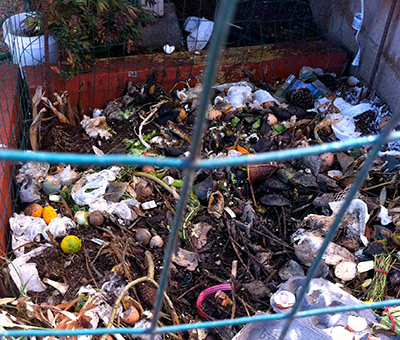 We all have a variety of organic material that ends up at the local landfill. But if we compost our table scraps, lawn clippings, and fallen leaves, we avoid the messy garbage heaps of rotting food by choosing to manage--and reap the benefits of--the decomposition process. Compost also cuts down the need for fertilizers and potential chemical pollution.
We all have a variety of organic material that ends up at the local landfill. But if we compost our table scraps, lawn clippings, and fallen leaves, we avoid the messy garbage heaps of rotting food by choosing to manage--and reap the benefits of--the decomposition process. Compost also cuts down the need for fertilizers and potential chemical pollution.
Win, win, win!
Our local clay and sandy soil doesn’t always hold the right amounts of nutrients, air and moisture for healthy and productive plant growth. Enter compost (imagine if Stan Lee had a garden comic strip hero)! Compost improves the soils structure and gives virtually all the essential nutrients, and it releases those nutrients over time to give plants a steady, consistent amount essential for growth. Compost will transform our sandy soil and grow stronger plants that are more resistant to diseases.
Soon to come, answers to: “How do I start?” “Do I need worms?” “Can I compost everything??”

